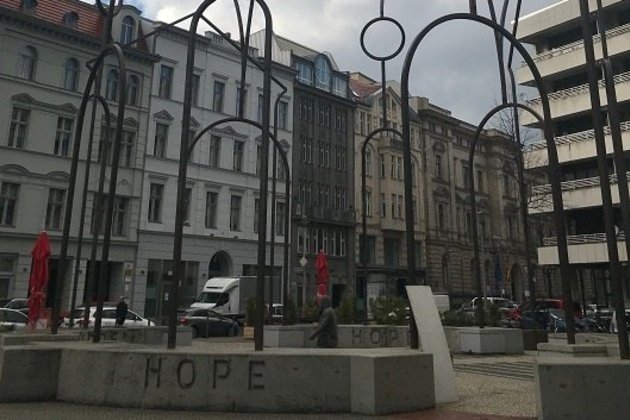
 news
news 
Germany’s highest court said that a policy to freeze rents in Berlin for five years to combat soaring housing costs was unlawful in a ruling published Thursday.
In a blow to millions of tenants, the capital’s “Mietendeckel” law or rent cap “violates the Basic Law and is thus ruled void”, said the Federal Constitutional Court in the southwestern city of Karlsruhe.
The tribunal ruled in favour of MPs from the centre-right Christian Democratic Union (CDU) and the pro-business Free Democrats, who are both in opposition in Berlin.
The court agreed with their argument that rent policy falls under federal law not the jurisdiction of Germany’s 16 states.
The rent freeze, passed by Berlin’s legislature in January 2020, was a flagship policy of the local governing coalition of the centre-left Social Democrats, the Greens and the far-left Linke parties.
It is a major setback for them ahead of September elections both in Berlin – its own city-state – and for a new federal parliament and chancellor after Angela Merkel steps down this year.
Once ‘poor but sexy’
Berlin was the first and only of Germany’s states to introduce a rent cap.
The law froze rents at the level from June 2019 until 2025, after which any increases would have been limited to 1.3% per year in line with inflation.
According to the city’s department for urban development and housing, it affected more than 1.5 million apartments.
Exceptions included social housing and new housing built since 2014.
Some particularly high rents were even temporarily lowered, pending the court ruling, with landlords who broke the rules facing fines of up to €500 000.
Those tenants will now generally be required to repay back rent. A poll by Sparkasse public savings bank for the daily Tagesspiegel Thursday said that fewer than half of Berliners had set money aside for the arrears now due.
The SPD, which is also the junior coalition partner in Merkel’s federal coalition, has pledged to champion rent controls nationwide in its election campaign.
Once described by a former mayor as “poor, but sexy”, Berlin has seen its housing costs double over the last decade as employees lured by a strong job market moved into the city.
The rent cap faced fierce opposition from the property sector, which argued that the freeze discouraged developers from building in Berlin and ultimately worsened the capital’s housing crisis.
The policy also saw the number of rental offers plummet as owners declined to put apartments on the market, according to the German Institute for Economic Research (DIW).
‘Real social emergency’
According to the property website Immowelt, Berliners spend an average of one-quarter of their income on housing costs.
Only 18.4% of the city’s roughly four million residents own their own property, one of the lowest rates in Europe.
Housing insecurity has been compounded by the Covid-19 pandemic, which is also putting jobs under threat.
“The coronavirus crisis is going to lead to a real social emergency when it comes to housing,” warned rental association Berliner Mietverein in February.
According to a Sparkasse study, one in four Berliners expect their financial situation to worsen in 2021.
Unemployment rose to 10.6% in the German capital in 2020, a two-point rise on the previous year and almost five percentage points above the national average.
With tensions escalating in 2019 over rising rents, the debt-mired Berlin government spent almost one billion euros to buy back 6 000 former public housing apartments that had been privatised.
Federal finance minister Olaf Scholz, the SPD’s chancellor candidate, in February declared housing “one of the biggest social issues of our time”.
24World Media does not take any responsibility of the information you see on this page. The content this page contains is from independent third-party content provider. If you have any concerns regarding the content, please free to write us here: contact@24worldmedia.com